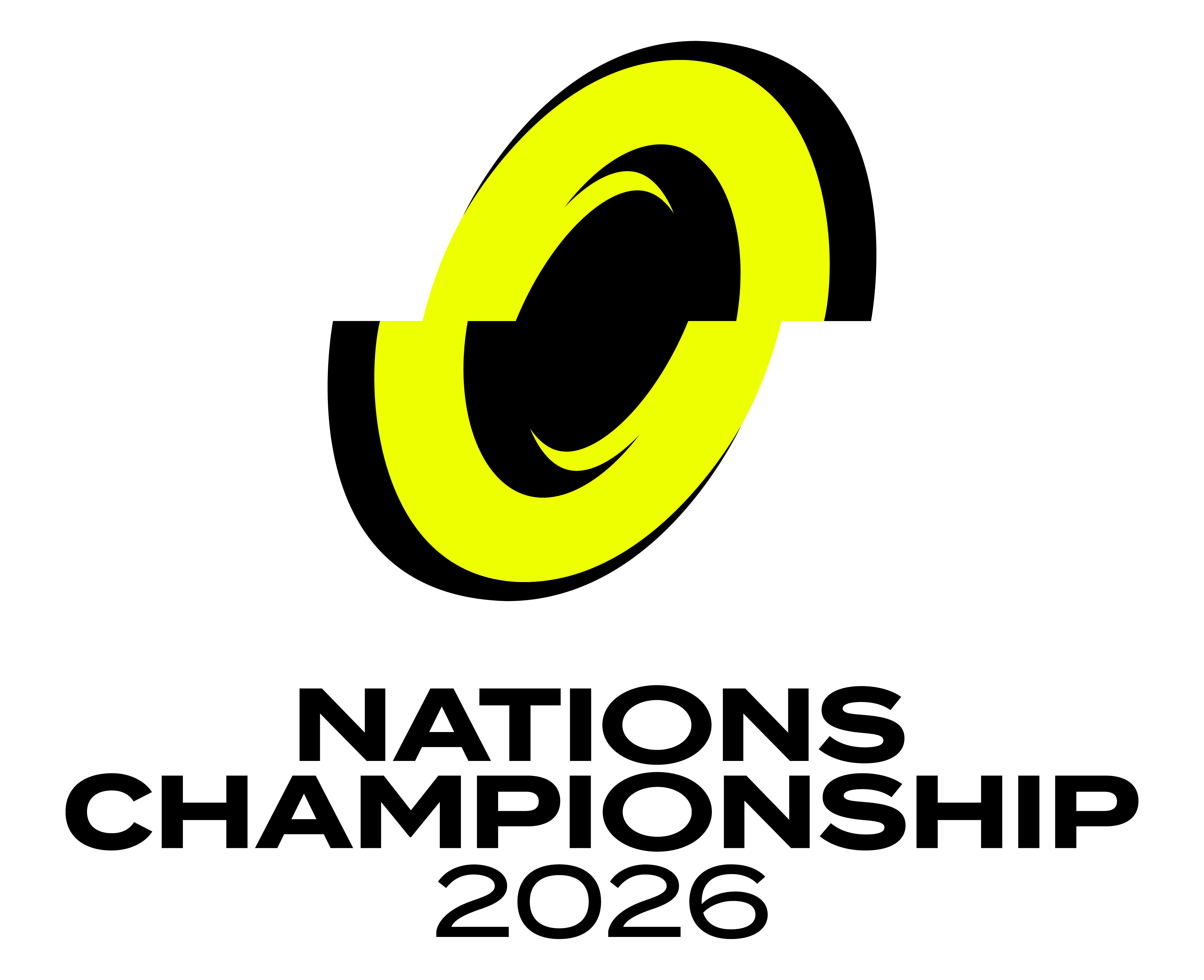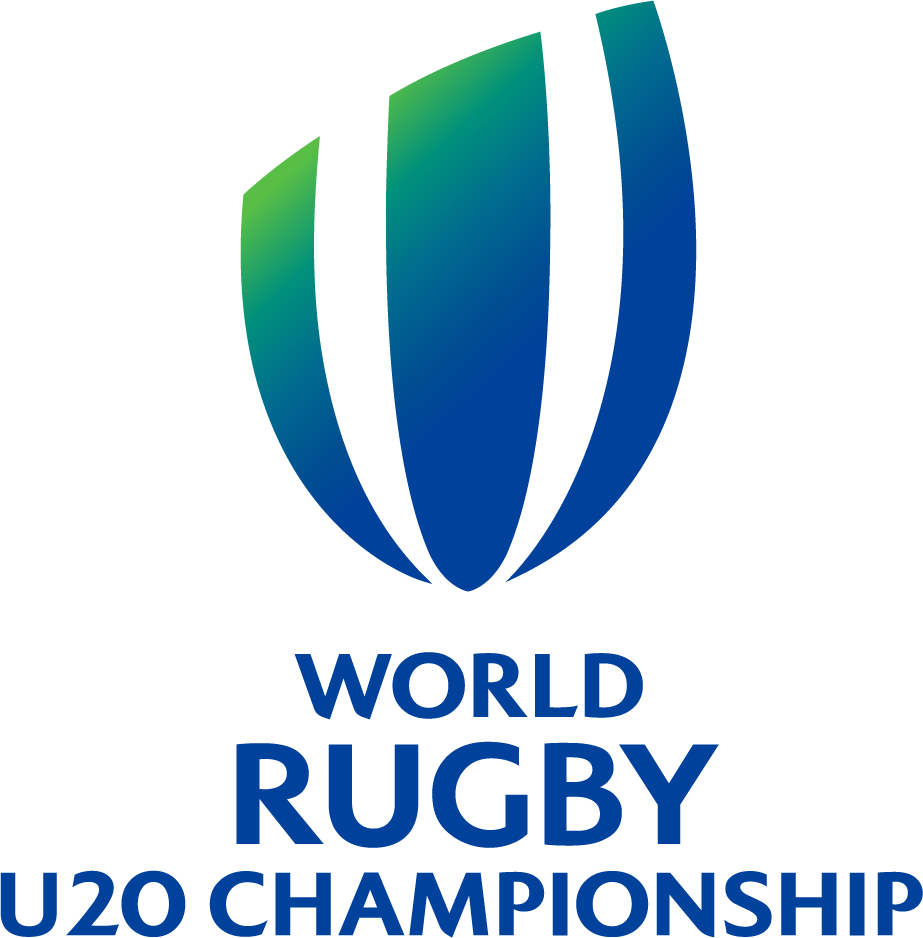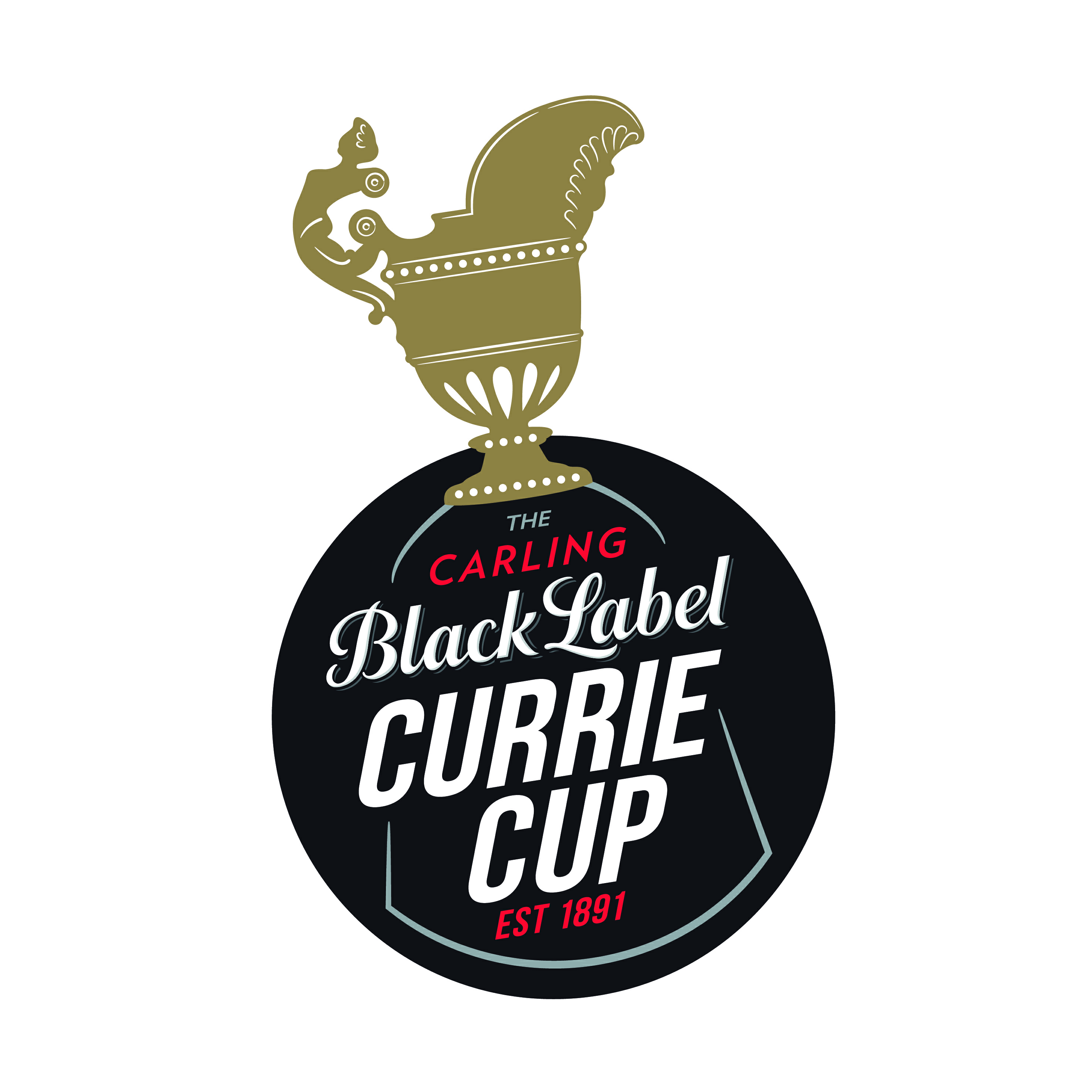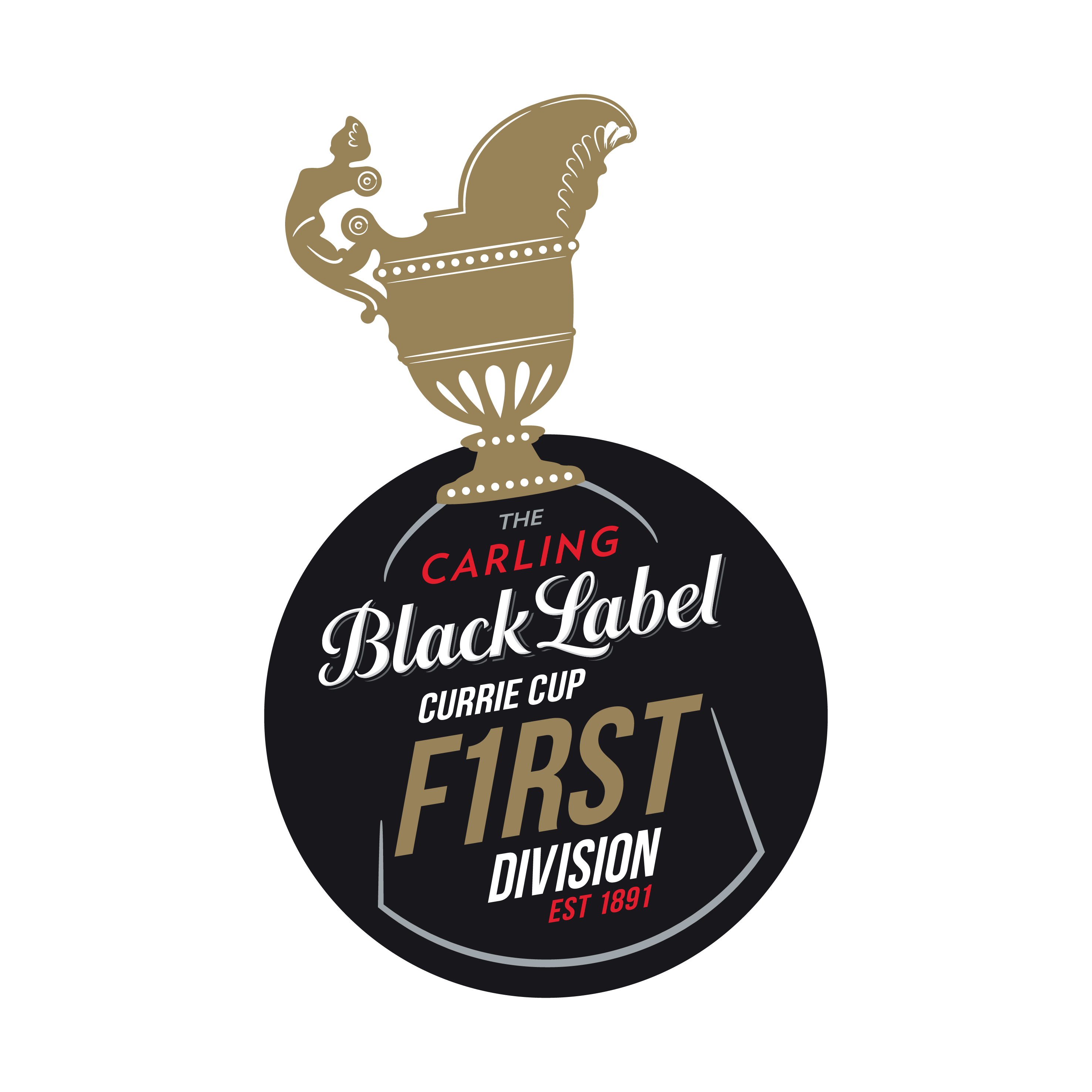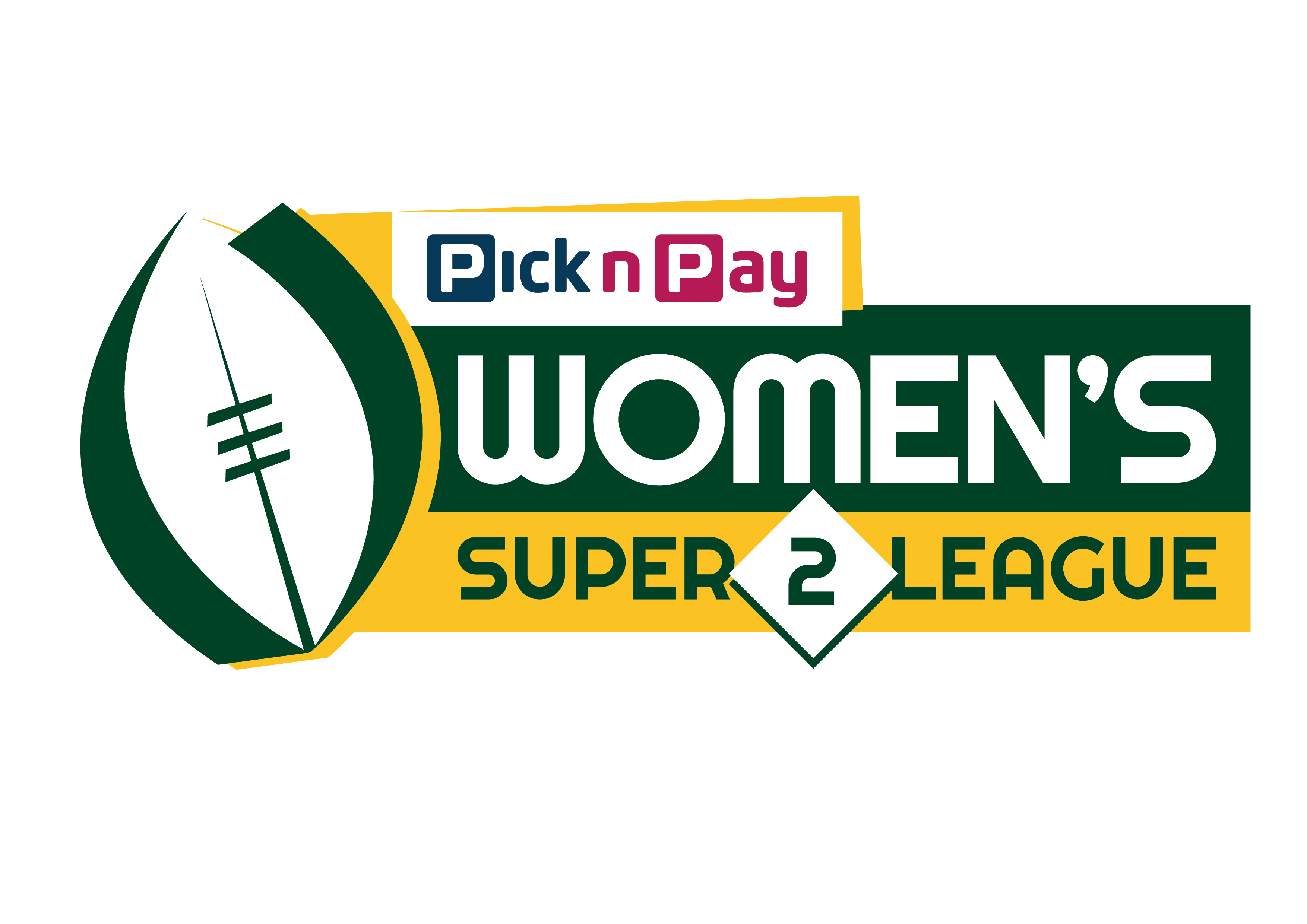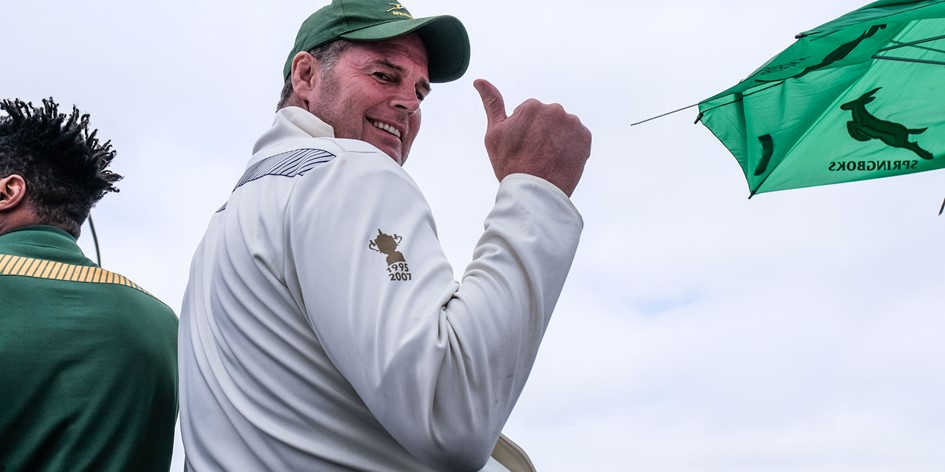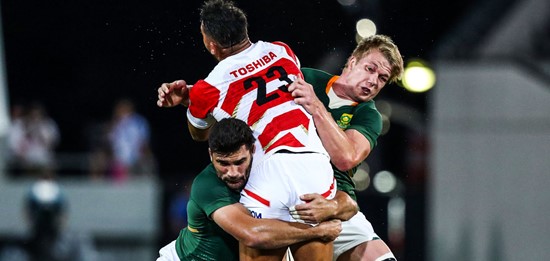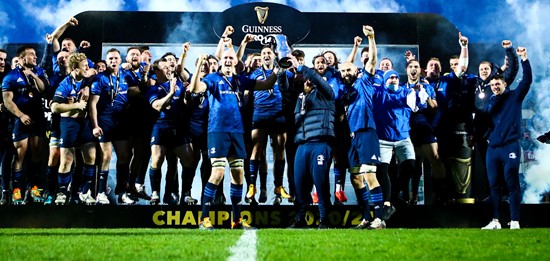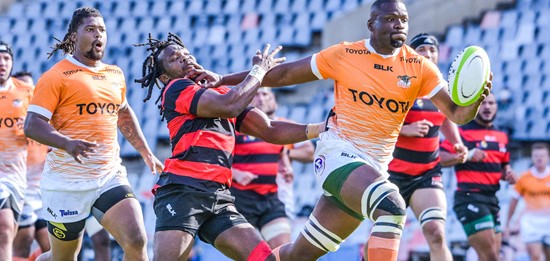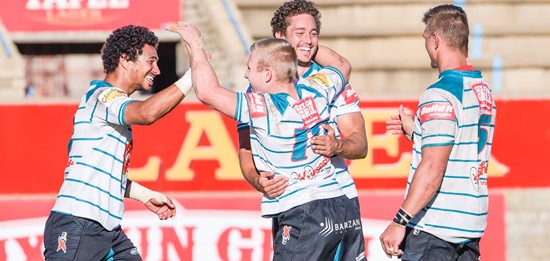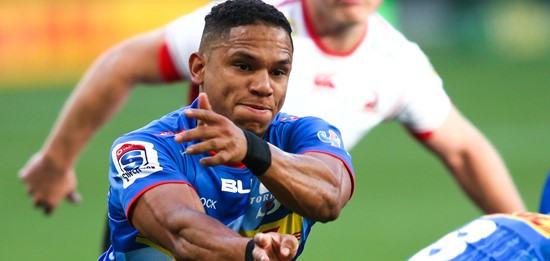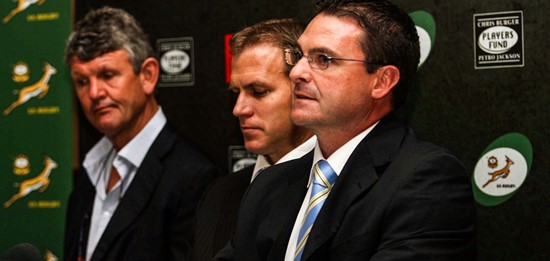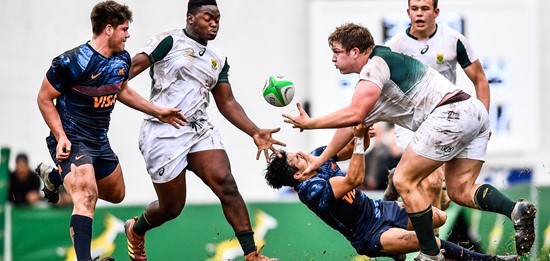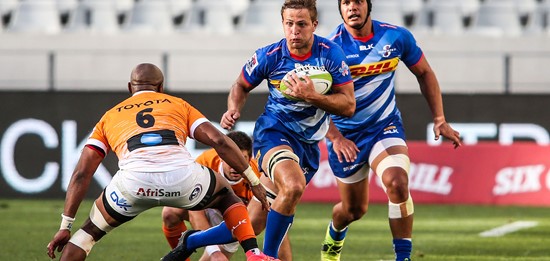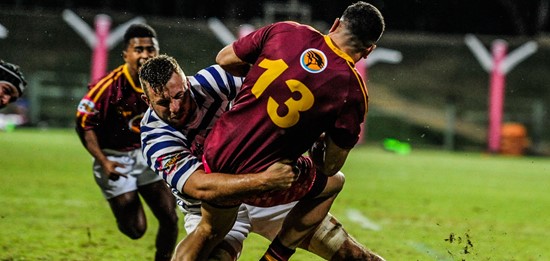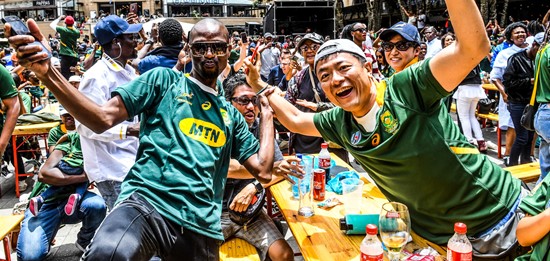The series of warm-up matches were staged to prepare the local players for the coming season, which includes the Springboks’ home Test series against the British & Irish Lions, entry into European competition and the Carling Currie Cup later in the season.
Speeding up play was a key objective as the 2021 season kicked off, with eight provincial sides facing off in 16 encounters, which featured a countdown clock for kicks and a focus on quicker set pieces from match officials.
Another objective was to use the series of warm-up games to ensure less ‘ball out of play’, which in turn had a positive effect on the general conditioning and fitness of players.
Referees were also asked to speed up play at lineout time, when completing scrums and lining up kicks at goal. On average, it took just under 29 seconds for scrums to be formed, 21 seconds to get the ball into lineouts and restarts were taken less in than 25 seconds.
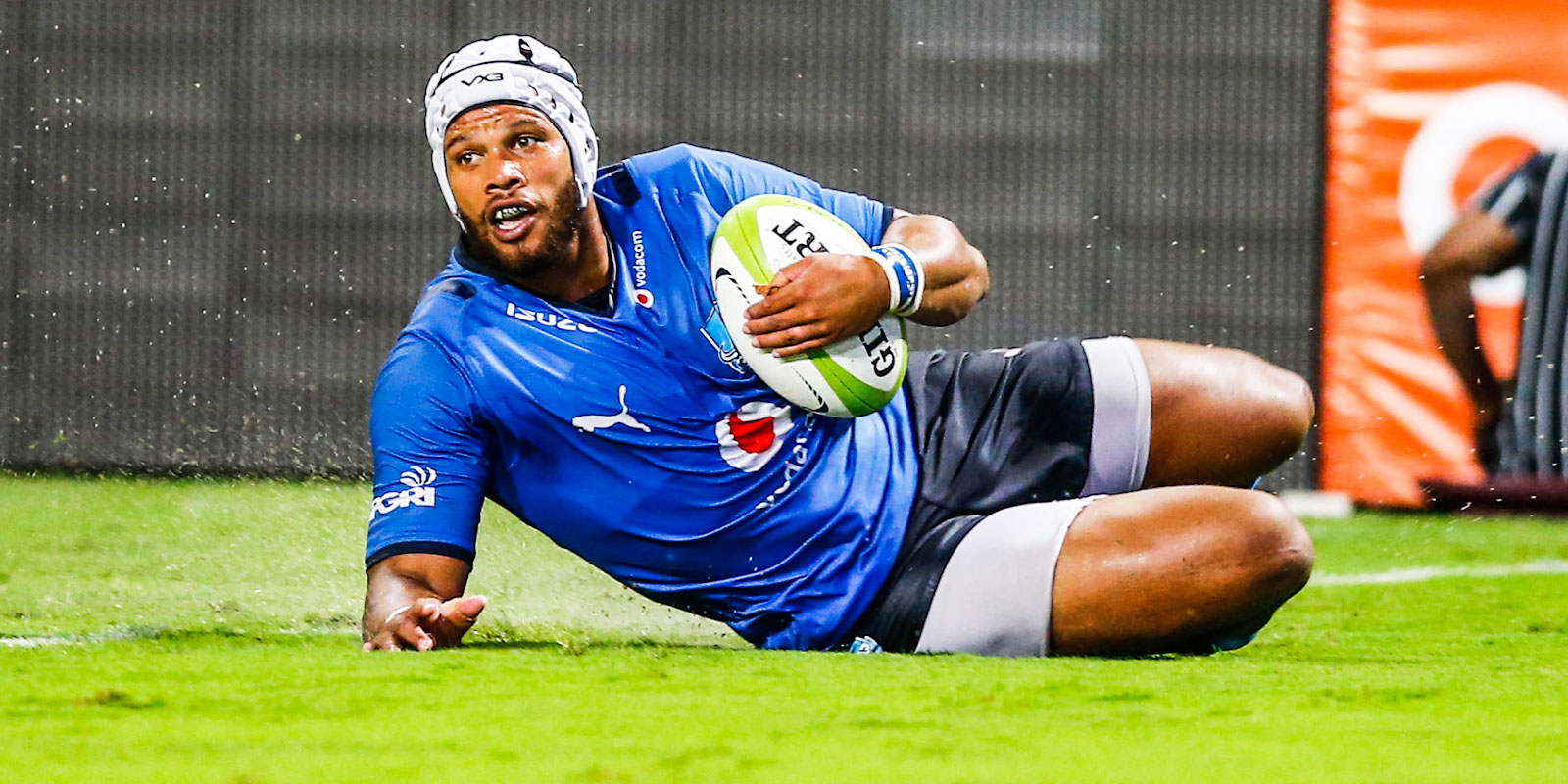
The Vodacom Bulls scored the most tries during the 2021 Kick-Off Pools.
The total ball in play was almost 20% higher than in the Carling Currie Cup, with an average of 30 minutes and 24 seconds in the 2021 Kick-Off Pools matches – the highest being 35 minutes and 31 seconds.
A total of 134 tries were scored during the 16 preparation matches, at an average of just over eight five-pointers per match.
“I really want to commend the teams, match officials and our broadcast partner for the positive spirit in which they accepted and implemented our recommendations,” said Erasmus to springboks.rugby.
“The goal was to hopefully enhance the game people watched on their TV screens, seeing more tries scored and making it a more attractive experience.
“Ball in play was also significantly higher than in the 2020 season and in some instances even better than what we’ve seen down in New Zealand and Australia.
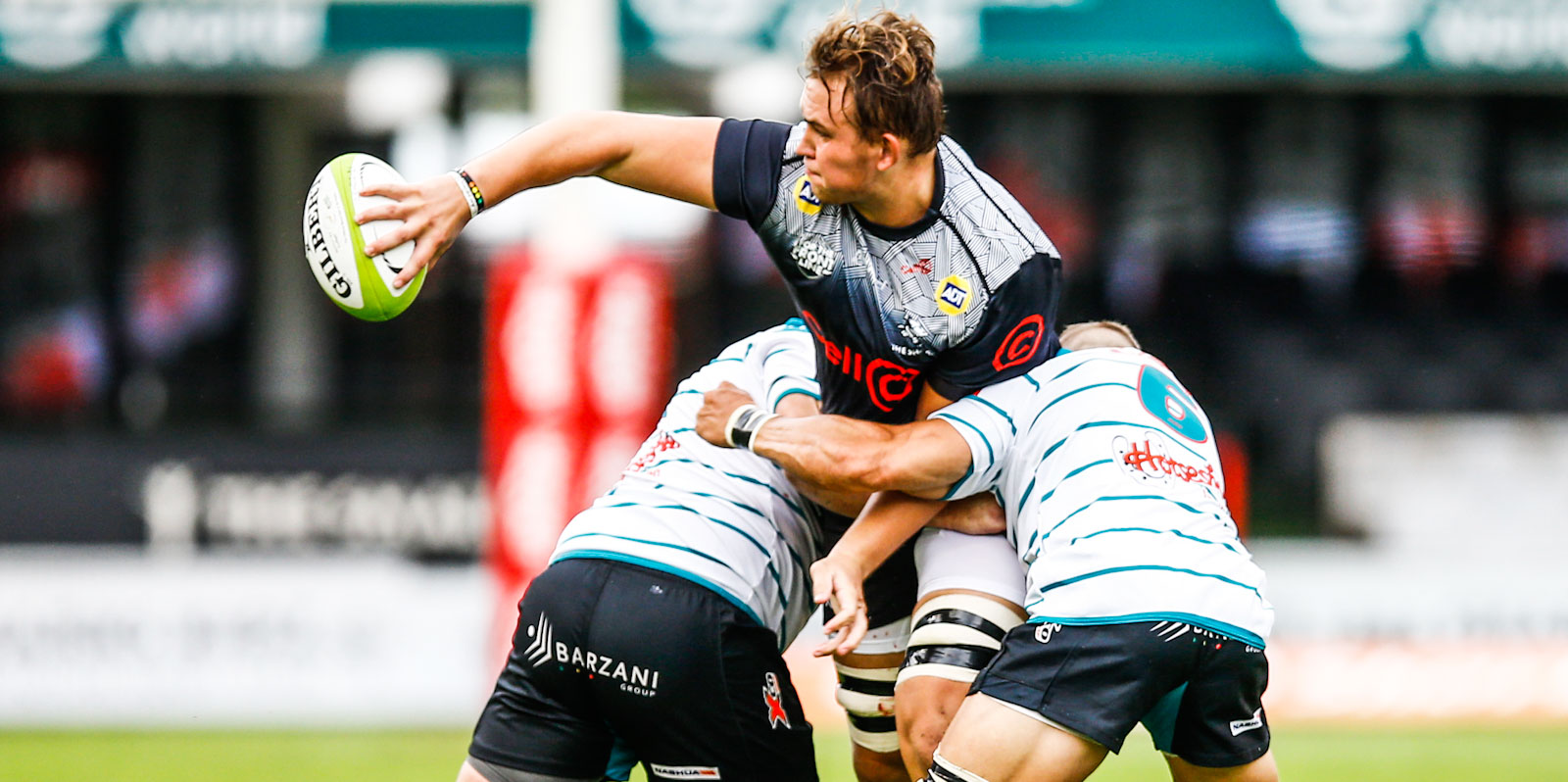
JJ van der Mescht gets the ball away for the Cell C Sharks in their match against Tafel Lager Griquas.
“World-wide there are calls to improve the product, such as limiting the number of substitutes a team can use, but we’ve seen that by speeding up play and allowing less time for players to ‘rest’ during breaks in play, the desired effect is the same.”
Erasmus said the 10-day turn-around between matches to give teams more time to prepare with COVID testing protocols taken into consideration, and to combat possible disruptions, also played a role.
“The teams and the players embraced our intention to speed up the game, and here the various caches as well as SuperSport played a big role in making this happen,” said Erasmus.
“The result was less ‘ball out of play’ and more action, a willingness from teams to have a go at more attacking options and displaying their skills, which led to more tries being scored and hopefully a much more attractive TV product.”
Erasmus said these games resulted in several other benefits for the squads: “Coaches used these games to rotate their full squads, thereby testing squad depth and trying out some tactical variations.
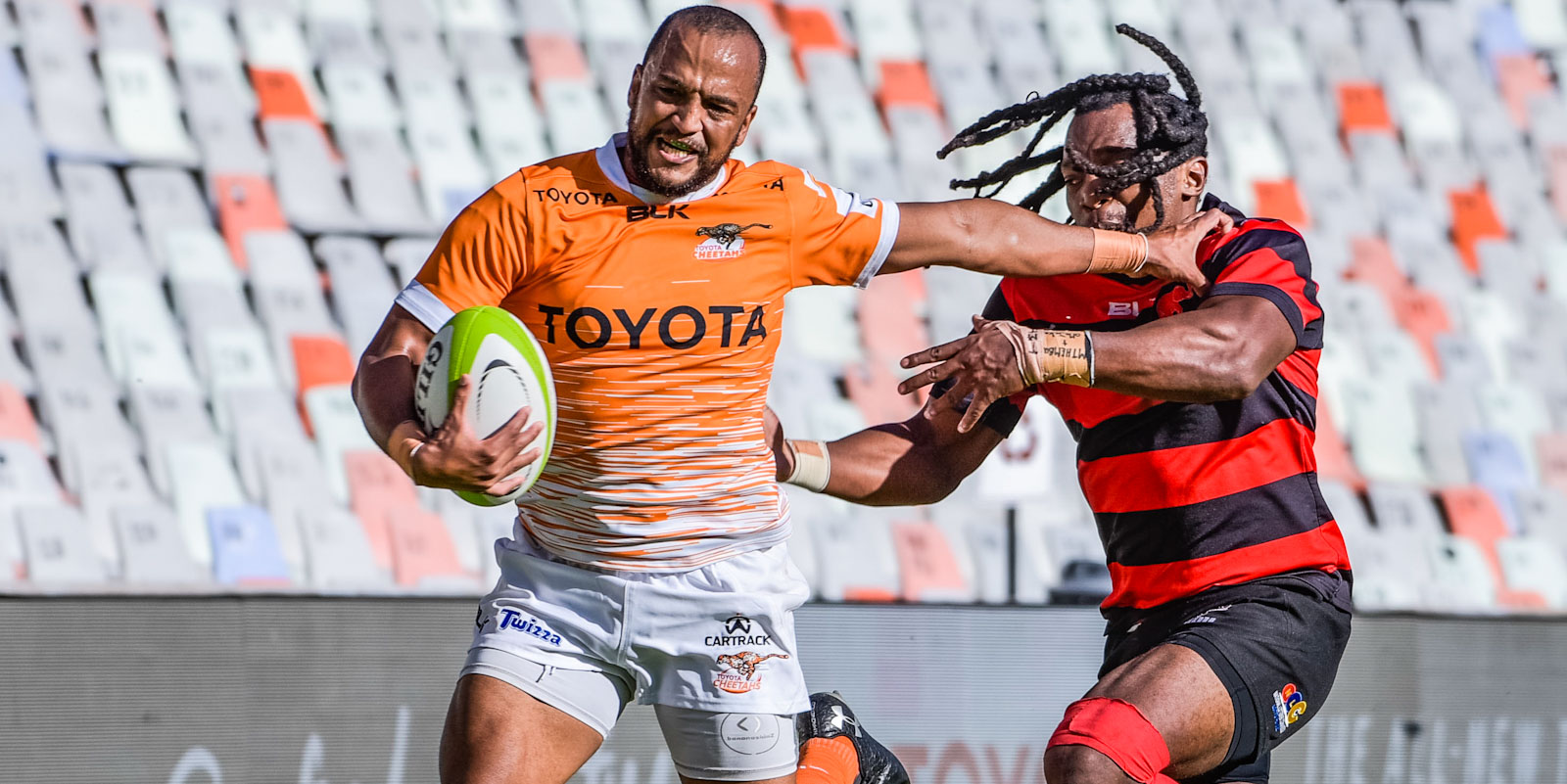
Toyota Cheetahs wing Rhyno Smith on his way to the tryline against Eastern Province.
“With the pandemic disrupting our normal season last year, these matches also gave opportunities to many young players who haven’t played at this level, so I am sure the teams will enjoy the long-term benefits, with a number of youngsters really putting up their hands and underlining the depth we have here in South Africa,” added Erasmus.
He mentioned that with the imminent return of the Springboks to international rugby, this exercise provided even more support.
“We also saw the integration of a number of Springboks back into their squads after Vodacom Super Rugby Unlocked and Carling Currie Cup, while those who were completing their injury rehabilitation were gradually introduced to action, so from that perspective I am very happy,” said Erasmus.
Apart from the on-field changes, SuperSport also used the series of warm-up matches to trial a couple of broadcast innovations to enhance the viewer’s experience, and show a rare perspective into team tactics. These included sideline commentary by players, audio comments from the coaches’ box, and new on-screen visual references.
Selected statistics:
- Total number of tries scored: 134
- Team tries: Vodacom Bulls 26, Cell C Sharks 24, Toyota Cheetahs 20, Lions 18, DHL Stormers 15, Tafel Lager Griquas 13, New Nation Pumas 11, Eastern Province 7
- Most tries in a round: 43 (second round of matches)
- Most tries by a team in a game: 12 (Vodacom Bulls v Eastern Province)










